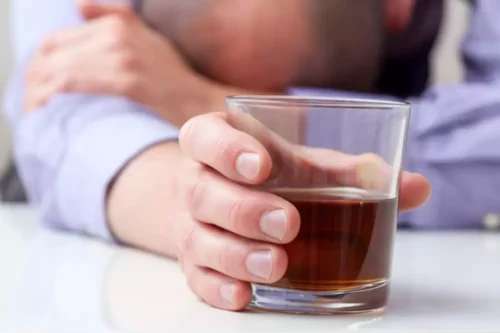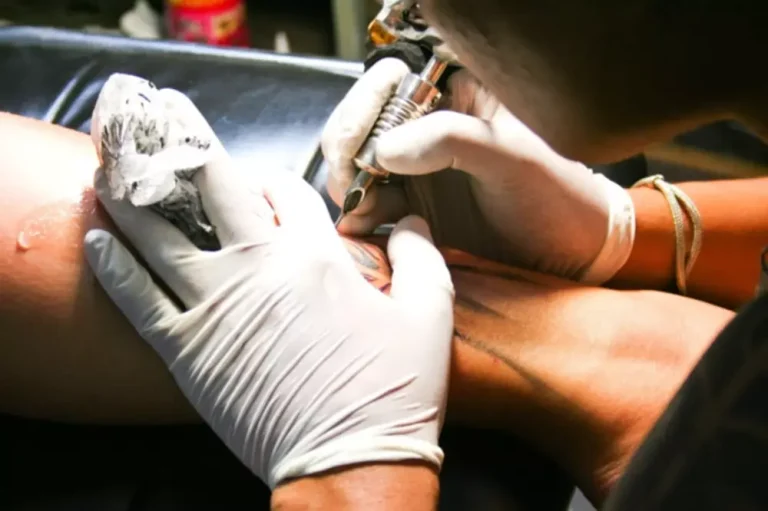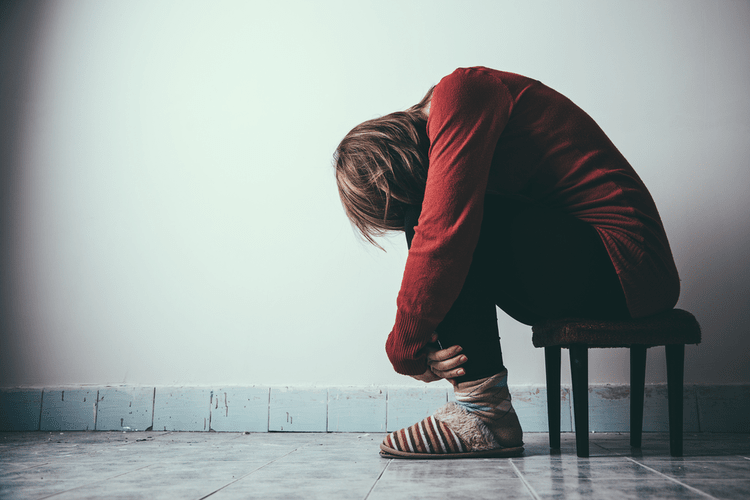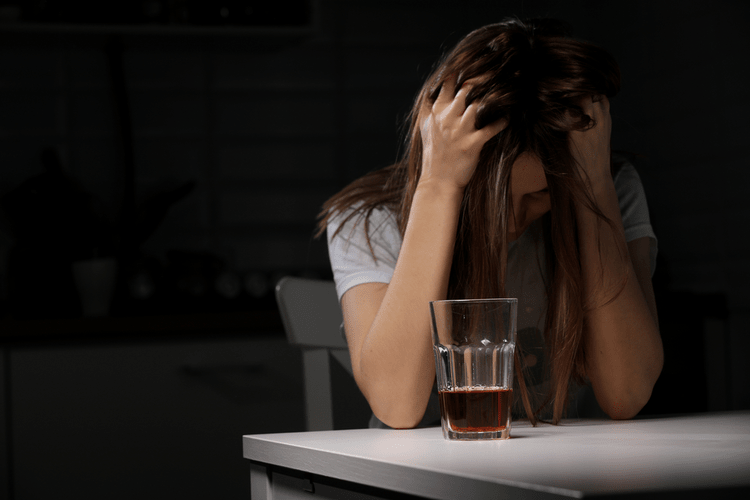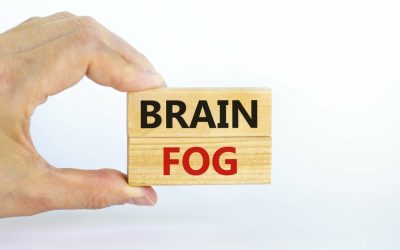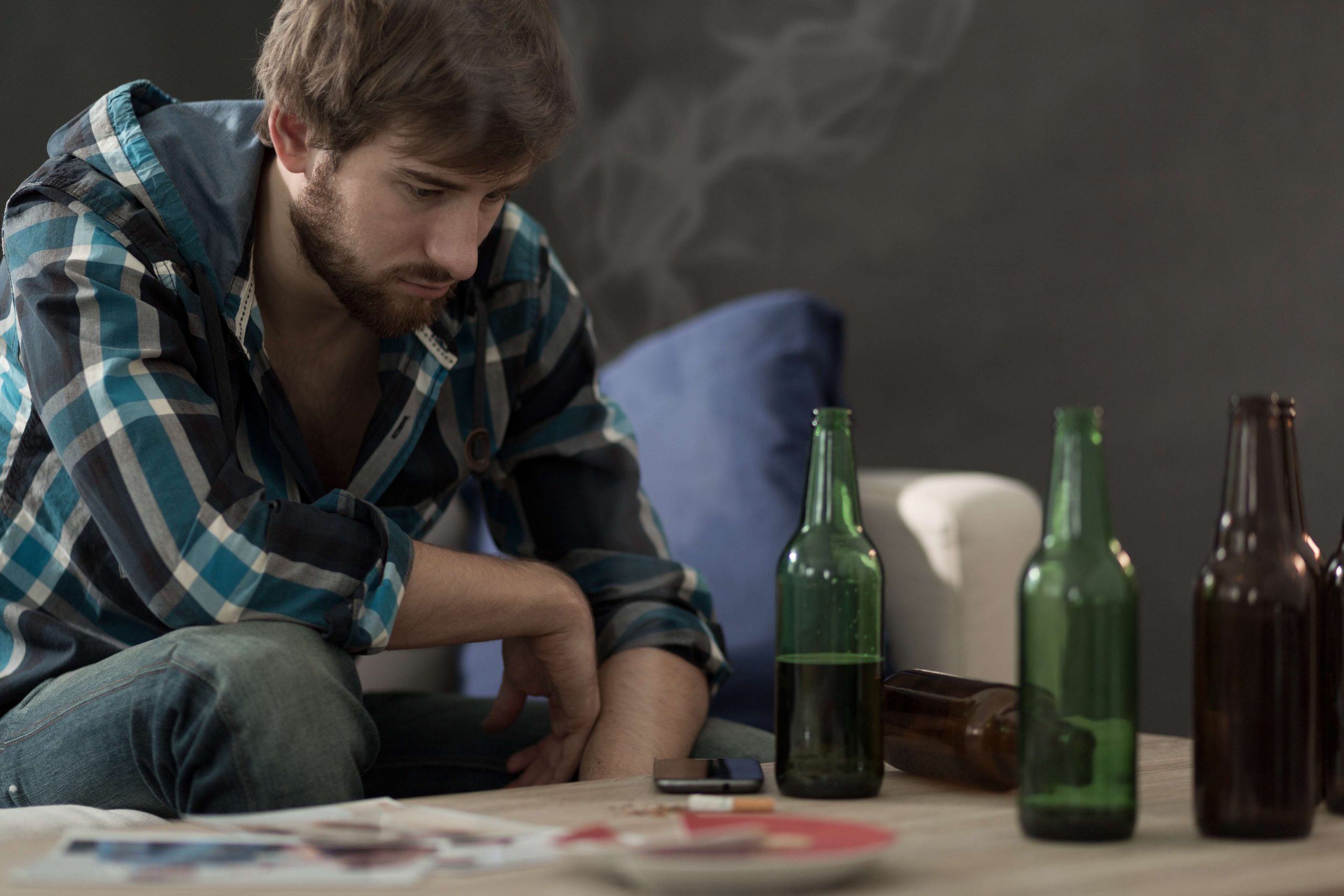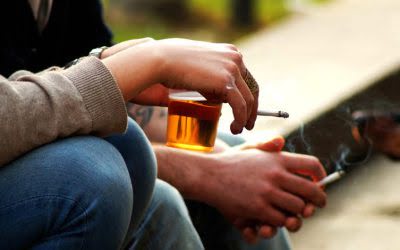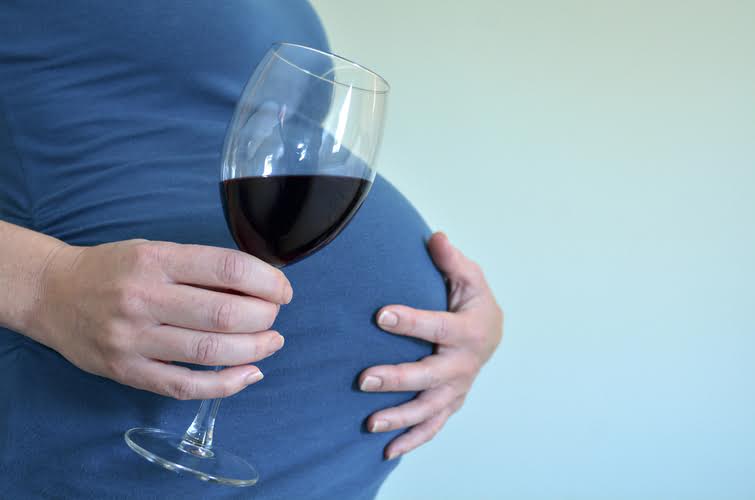Мы позаботились о том, чтобы игра на нашей площадке была доступна в любое время и в любом месте. Pinco сайт полностью адаптирован для мобильных устройств, будь то смартфон или планшет, и идеально работает через любой браузер. Теперь вы можете наслаждаться любимыми играми без необходимости установки дополнительных приложений. Время поступления средств на счет обычно составляет несколько часов, как правило, операции подтверждаются банком без задержек. Для входа не нужно инсталлировать сторонние приложения.
Интерфейс и структура меню скопированы с веб-версии для мобильных браузеров. Скромные требования к техническим параметрам гаджетов делают возможной инсталляцию приложения на большинство смартфонов. Активация купонов может приносить дополнительные награды. Первый промокод разрешено применить во время открытия счета. Строка для комбинации есть в регистрационной форме. Если код принят, при первой авторизации новичок получит пакет бонусных вращений или деньги на промо баланс.
- После входа в казино Пинко для игры на реальные деньги клиентам доступна система наград.
- В коллекции интернет платформы есть слоты с фиксированными джекпотами.
- Реквизиты оператора опубликованы в свободном доступе.
- Рядом представлены вкладки «Турниры» и «VIP клуб».
- Если закончились действующие акции, то можно получить бонусы за промокоды.
- В момент запуска очередной сессии показатель начинает расти.
- Для быстрого открытия площадки с компьютера рекомендуется скачать ярлык сайта.
Вывод Средств Из Pinco Casino
Игровой клуб Пинко на деньги предлагает игрокам справедливые условия для игры, подтвержденные многолетним опытом и положительными отзывами. Регулярные проверки генераторов случайных чисел и лицензия на игры гарантируют надежность казино. Мы начали свою деятельность в 2023 году и успели быстро завоевать популярность среди российских игроков. В Pinco casino широкий выбор игр — от слотов до рулетки, блэкджека и баккары — удовлетворит любого, даже самого взыскательного клиента. Мы гордимся удобной системой быстрых выплат, которая подтверждает нашу надежность и ориентацию на клиента.
Как В Пинко Казино Перевести Деньги Со Своего Игрового Счета На Счет Друга?
- В обзоре — рассказ о базовых параметрах платформы, предлагаемых развлечениях и бонусной системе.
- Отметим также программу лояльности – VIP-программу.
- Общение с сотрудниками техподдержки доступно в любое время.
- Регламент предусматривает отдельные бонусы для посетителей интернет казино и букмекерской конторы.
- PINCO поддерживает различные варианты, включая криптовалюты, что делает ее доступной для глобальной аудитории.
- Зеркала представляют собой клоны с измененными URL-адресами.
- Особенностью нашего казино является 100% возврат средств при каждом кэшауте.
- Мы начали свою деятельность в 2023 году и успели быстро завоевать популярность среди российских игроков.
- Недостаток тестового режима ― отсутствие возможности вывести деньги на основной счет.
- В казино предусмотрен ряд методов пополнения счета.
Коэффициент, на который умножается сумма ставки, зависит от базовой ценности изображений. В большинстве игр также предусмотрены специальные элементы Wild и Scatter. Первый заменяет собой недостающие символы, формируя оплачиваемые комбинации. Появление второго на нескольких ячейках игрового поля запускает серию бесплатных вращений или бонусный раунд с нестандартной механикой. Реквизиты оператора опубликованы в свободном доступе.
Перед отправкой денег рекомендуется внимательно проверить реквизиты и уточнить тарифы выбранной платежной системы. Интерфейс адаптирован для игры на смартфонах и планшетах. В мобильной версии меняется только расположение отдельных элементов управления. Перед регистрацией следует уточнить возможные правовые последствия участия физических лиц в азартных играх. Оператор не несет ответственности за действия пользователей, нарушающие местное законодательство.
Настольные И Карточные Игры
Для общения со специалистами техподдержки есть онлайн чат и отдельный канал в Telegram. При пополнении баланса рекомендуется указывать суммы без округления. Подобная практика упрощает идентификацию казино Пинко транзакций в случае задержки.
Администрация отслеживает активность клиентов и корректирует бонусную программу с учетом пожеланий игроков. О новых ивентах оператор сообщает в группах социальных сетей и на баннерах главной страницы. После подтверждения email и телефона посетитель может активировать адресную рассылку.
Если одно из зеркал не работает, можно перейти на другое. На нашем официальном сайте pinco.casino, вы найдете широкий выбор игр для любого вкуса. Загрузить программу на гаджет можно по ссылке, расположенной внизу стартовой страницы сайта. Приложение позволяет запускать игры непосредственно на планшете или телефоне с ОС Android.
Справа вверху появляется уведомление о результате. Положенные регламентом награды поступают на бонусный баланс участника и становятся видны в соответствующем разделе. Чтобы забрать стартовый набор, надо войти на актуальное зеркало Pinco Casino на русском языке, зарегистрироваться и активировать предложение. Награды выдаются сразу после внесения первого депозита.
- Фриспины выдаются частями — 50 раундов сразу и по 40 прокруток в течение следующих пяти суток.
- Интерфейс адаптирован для игры на смартфонах и планшетах.
- Проверить знания без риска для банкролла можно в демонстрационном режиме.
- В первом наборе ― 50 вращений, в последующих ― по 40.
- Все поставщики имеют лицензии от различных регуляторов.
- Такая механика встречается реже, однако тоже популярна у разработчиков.
- Предложения оператора доступны зарегистрированным посетителям.
- Во время выпуска новинок провайдеры нередко проводят ассоциированные с релизами акции.
- По средам можно принять участие в квизе и получить от 50 до 70 фриспинов.
Специальные предложения подготовлены для хайроллеров. Членам VIP клуба доступны увеличенные лимиты на вывод средств, дополнительный кешбэк, подарки на день рождения и другие опции. В выходные дни также доступны дополнительные промокоды. Участники акции «Супер уик-энд» могут выбрать один из двух бонусов. В качестве награды обычно предлагают множитель к депозиту или набор фриспинов.
Следующее предложение будет доступно для активации после отыгрыша или отмены предыдущего. Каждый бонус дает определенные преимущества игрокам. Если учитывать соотношение размера бонуса и условия отыгрыша, то самым выгодным эксперты называют GiftBox. Простые условия получения, отсутствие условий по отыгрышу дает право назвать его самым выгодным из всех действующих предложений. Отметим также программу лояльности – VIP-программу.
Выбор категории зависит от личных предпочтений пользователя. В каталоге оператора несколько тысяч лицензированных автоматов и настольных игр. Для каждого формата подготовлены тематические подборки, которые упрощают поиск подходящих развлечений. Они предусмотрены для всех видов вознаграждений для игроков. Сейчас можно зайти в онлайн казино Пинко и играть бесплатно без регистрации или на деньги через браузер. Для быстрого открытия площадки с компьютера рекомендуется скачать ярлык сайта.
Клиентам предоставляется доступ ко всем функциям платформы. Можно авторизоваться в существующем профиле либо зарегистрировать новый. Эти документы используются для подтверждения личности игрока и обеспечения безопасности. Информацию о статусе лицензии можно найти в разделе Лицензия и безопасность.
Для авторизации можно ввести данные существующего аккаунта или зарегистрировать новую учетную запись. Ссылки на доступные домены казино Пинко есть в Telegram-канале и на тематических сайтах. Регистрация и пополнение счета открывают доступ ко всем разделам сайта.






.jpeg)
.jpeg)

